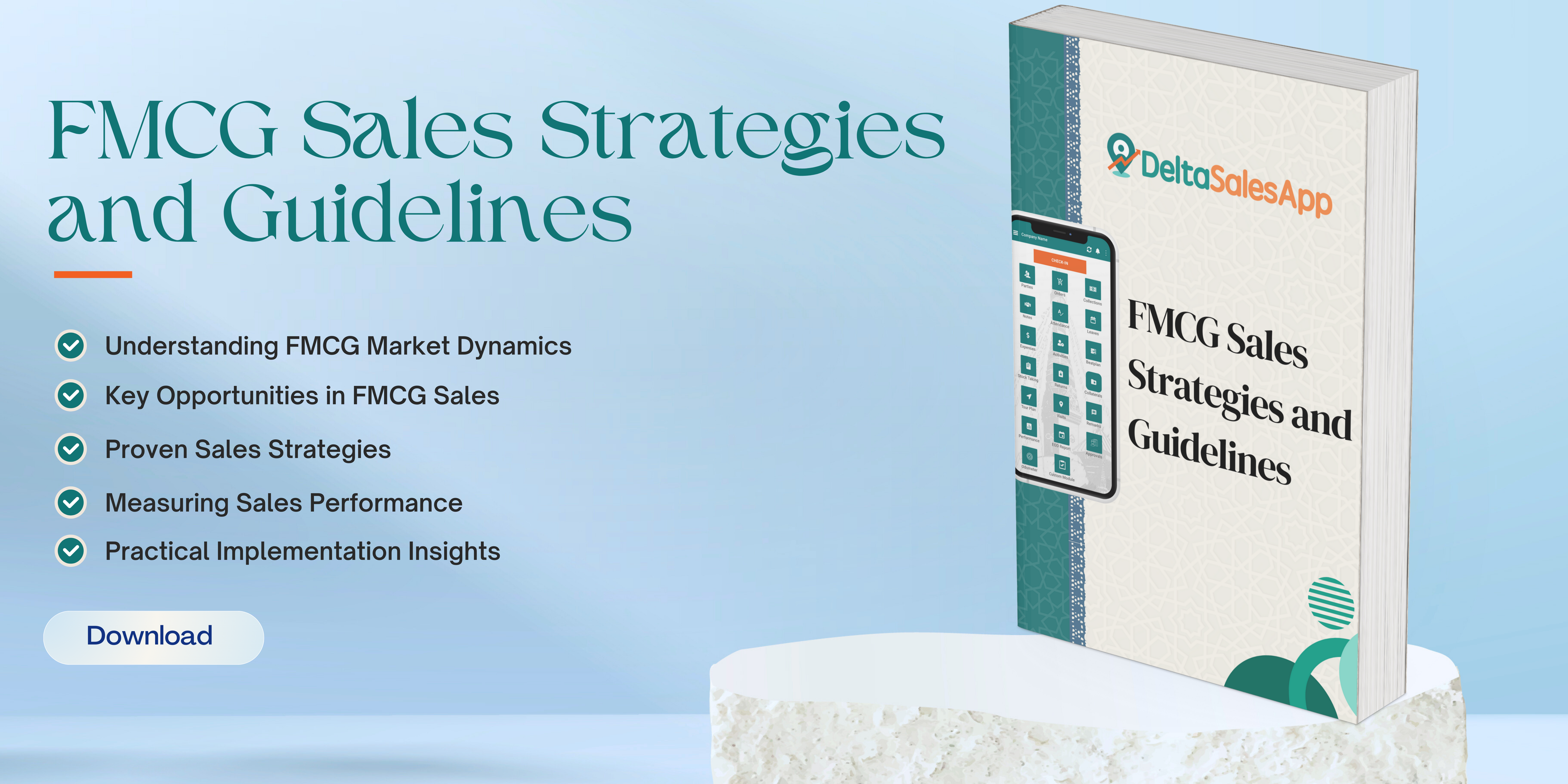Trade Promotion Management
Trade Promotion Management (TPM) refers to the process of planning, executing, and analyzing promotional campaigns in the retail and consumer goods sectors.
It is used by manufacturers and retailers to drive sales, increase brand awareness, and support the launch of new products. TPM typically involves managing discounts, special offers, and incentives that are offered to retailers or customers.
Key elements of TPM
Planning: This phase involves setting goals, determining which products will be promoted, and deciding on the type of promotion (e.g., discounts, buy-one-get-one-free offers, rebates, etc.).
Execution: This is the phase where the promotions are rolled out to the market. It includes coordinating with retailers, ensuring product availability, and providing necessary marketing materials.
Tracking and Monitoring: Continuous monitoring of the promotions is essential to track performance, ensure that they are being implemented as planned, and make any necessary adjustments in real-time.
Analysis and Reporting: After the promotion is completed, data analysis helps determine its effectiveness. Metrics such as sales growth, ROI (return on investment), and customer engagement are key indicators of success.
Optimization: Based on the analysis, businesses can refine future promotions, optimize spending, and improve strategies.
How does TPM typically work in a field sales application?
Promotion Planning: Sales teams use the application to collaborate with marketing and finance teams to design promotions based on factors like market conditions, seasonality, and customer demand.
Execution & Tracking: Field sales teams implement these promotions on the ground, whether in stores or with distribution partners. The application helps ensure that promotions are correctly applied and executed by tracking things like product placement, pricing, and retailer compliance.
Real-Time Monitoring: Sales representatives can monitor how promotions are performing in real-time, using dashboards and reports. This helps in adjusting strategies on the fly to maximize effectiveness.
Data Collection & Analysis: Data from the field is captured to provide insights into promotion effectiveness. Sales teams can assess how well a promotion drives sales, and whether it's meeting targeted ROI.
Performance Optimization: Based on the collected data and analytics, field sales teams can refine future promotions to improve their success. This could involve adjusting discount levels, product bundling, or altering retailer incentives.
Collaboration with Retailers: The app can also include features that enable direct communication and collaboration with retailers, ensuring that promotions are aligned with their sales strategies and objectives.
In essence, TPM in field sales applications ensures that the promotions are not only planned effectively but are also executed smoothly and monitored for success in the field. It empowers sales teams to drive sales and improve relationships with retailers, all while maximizing return on investment (ROI) for the brand or product.






